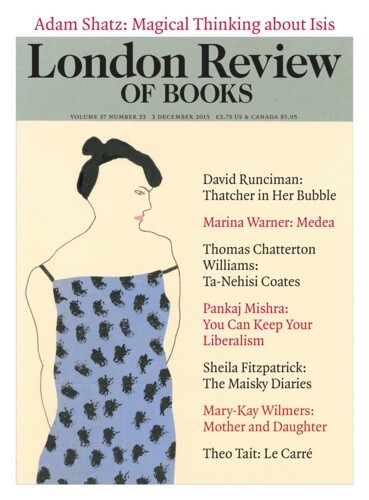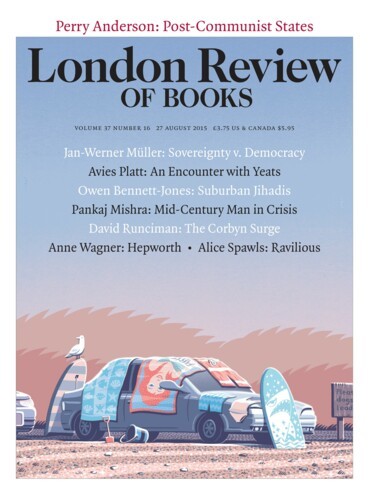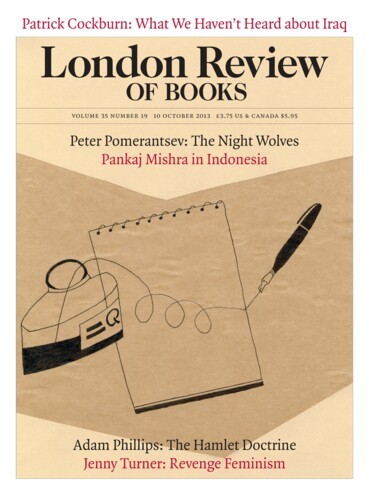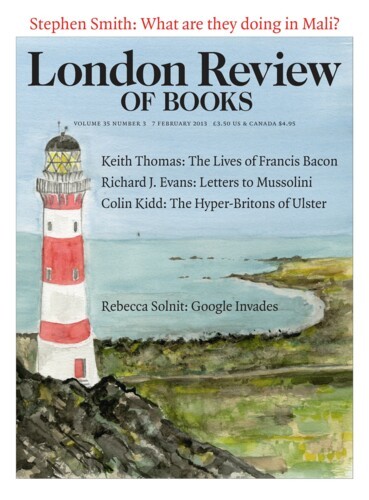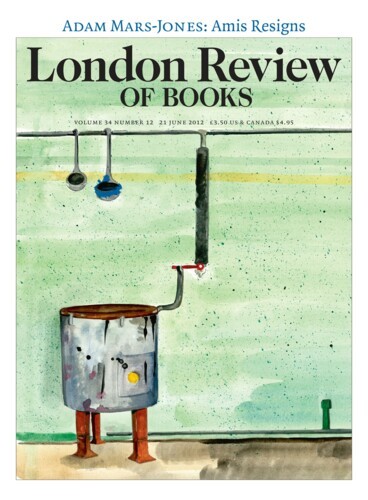I first visited Indonesia in 1995. For someone from India, as I was, to arrive in a country that was once part of the Hindu-Buddhist ecumene was to drift into a pleasurable dream where minor figures familiar from childhood readings of the Ramayana and the Mahabharata loomed over city squares. The Dutch, unlike the British in India, had inflicted few obviously self-aggrandising monuments on the country they exploited. Squatters now lived in the decaying colonial district of Kota in Jakarta where the Dutch had once created a replica of home.
Wealth has brought disconcerting changes to Indonesia: large parts of Sumatra, ravaged by slash-and-burn investors, resemble a lunar landscape, and smoke from land-clearing fires started by palm-oil prospectors extends as far as the cities of Malaysia and Thailand.
